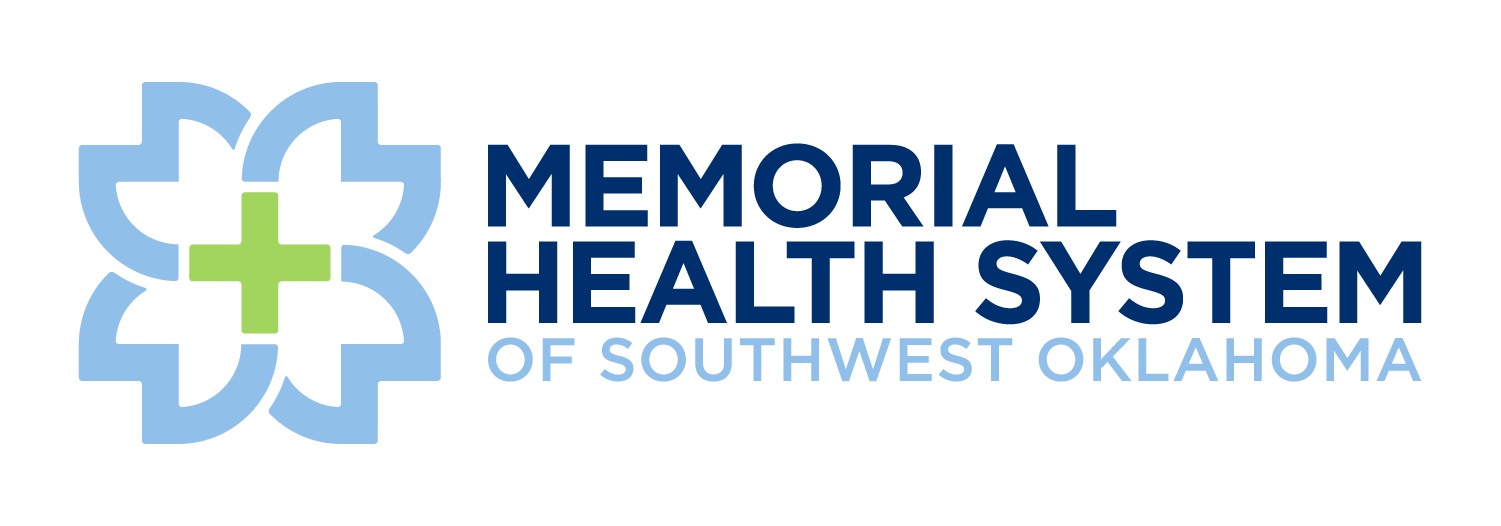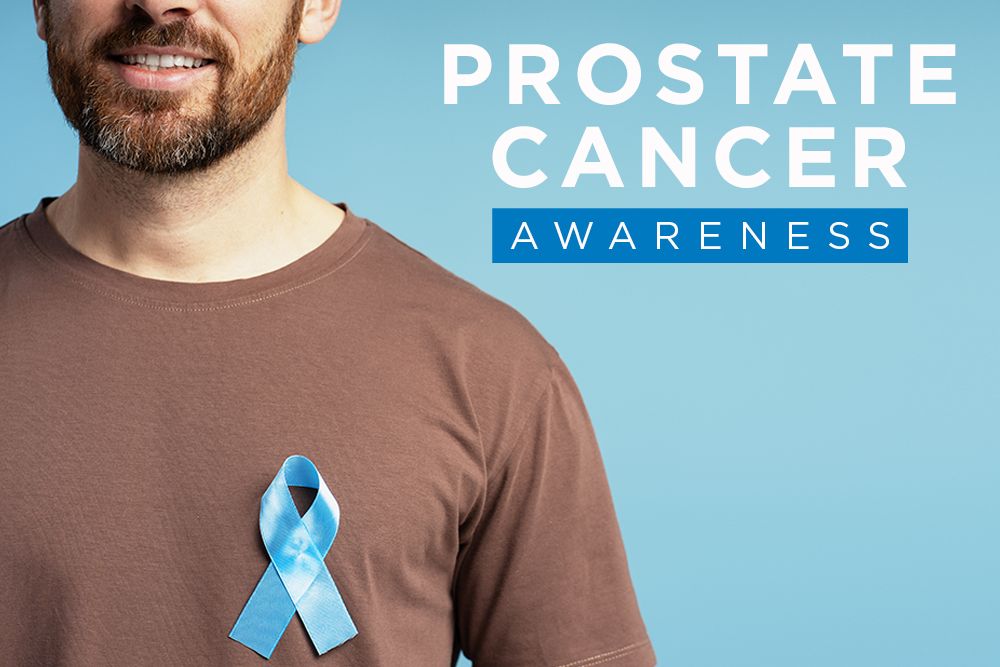Guys, let’s talk about something important: your health. We get it—it’s not always easy to talk about, especially when it comes to things like prostate cancer. However, knowing the facts is one of the most powerful things you can do to protect yourself and the people who care about you. Therefore, since September is Prostate Cancer Awareness Month, it’s a perfect time to start the conversation.
Early Detection is Key
Prostate cancer is the most common cancer among American men, aside from skin cancer. The good news is that we can treat it highly effectively when we catch it early. That’s why prostate cancer awareness and regular screenings are so crucial. Understanding the signs, risk factors, and available treatments is the first step toward taking control of your health.
Know the Symptoms
Many men with early-stage prostate cancer won’t have any symptoms at all. Consequently, regular screening is so important. Furthermore, when symptoms do appear, you can often confuse them with other, less serious conditions like benign prostatic hyperplasia (BPH), a non-cancerous enlargement of the prostate.
Here’s what to watch for:
- Difficulty or pain when you urinate, or a weak or interrupted urine stream.
- The need to urinate more often, especially at night.
- A feeling like you can’t completely empty your bladder.
- Blood in your urine or semen.
- Pain in your back, hips, or pelvis that doesn’t go away.
If you’re experiencing any of these, don’t just brush them off. Instead, talk to a doctor. It’s better to be safe than sorry. This kind of prostate cancer awareness can save your life.
Understanding Your Risk Factors
Certain factors can increase a man’s risk of developing prostate cancer. While you can’t change some of these factors, being aware of them can help you have an informed conversation with your doctor about screening.
Key risk factors include:
Age: Your risk of prostate cancer increases significantly after age 50. In fact, about 60% of all prostate cancers occur in men over 65.
Family History: If your father or brother had prostate cancer, you more than double your risk. Additionally, the risk is even higher if doctors diagnosed them at a younger age.
Race: African American men have a significantly higher risk of getting prostate cancer and are more than twice as likely to die from it. The reasons for this aren’t fully understood; however, it highlights the importance of early screening in this population.
Even if you don’t have these risk factors, you should still talk to your doctor about screening. This proactive step is key to prostate cancer awareness.
Treatment Options for Prostate Cancer
If doctors detect prostate cancer, you have a number of effective treatment options. The best one for you will depend on the stage of the cancer, its aggressiveness, your age, and your overall health.
Treatment options can include:
Active Surveillance: For many slow-growing, early-stage cancers, doctors may recommend closely monitoring the cancer with regular check-ups and tests. This can help you avoid or delay more invasive treatments and their potential side effects.
Surgery: A common treatment is a radical prostatectomy, which surgically removes the prostate gland.
Radiation Therapy: This uses high-energy rays to kill cancer cells. In this case, doctors can deliver it from a machine outside the body (external beam radiation) or by placing tiny radioactive seeds directly into the prostate (brachytherapy).
Hormone Therapy: Because prostate cancer growth is often fueled by male hormones (androgens), this treatment works to lower the levels of those hormones or block their effect.
Other treatments like chemotherapy, targeted therapy, and immunotherapy may also be used, often for more advanced cases.
Take the First Step
Don’t let fear or embarrassment stop you from taking control of your health. Your well-being matters, therefore, getting screened is a simple, proactive step that can make a world of difference.
Ready to take that step? Contact our Urology team to schedule a screening. We’re here to help you, and we’re committed to prostate cancer awareness and care in our community.

